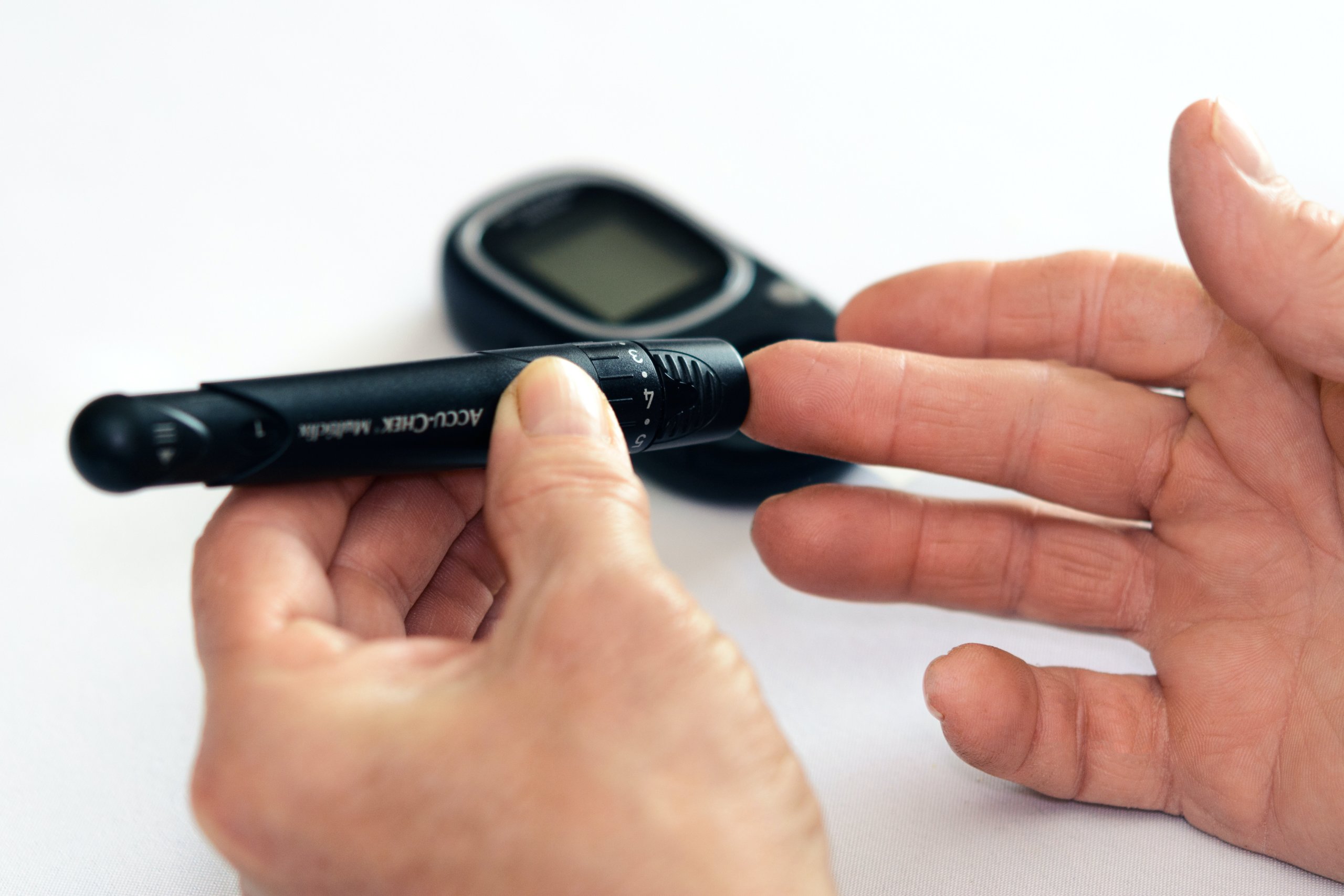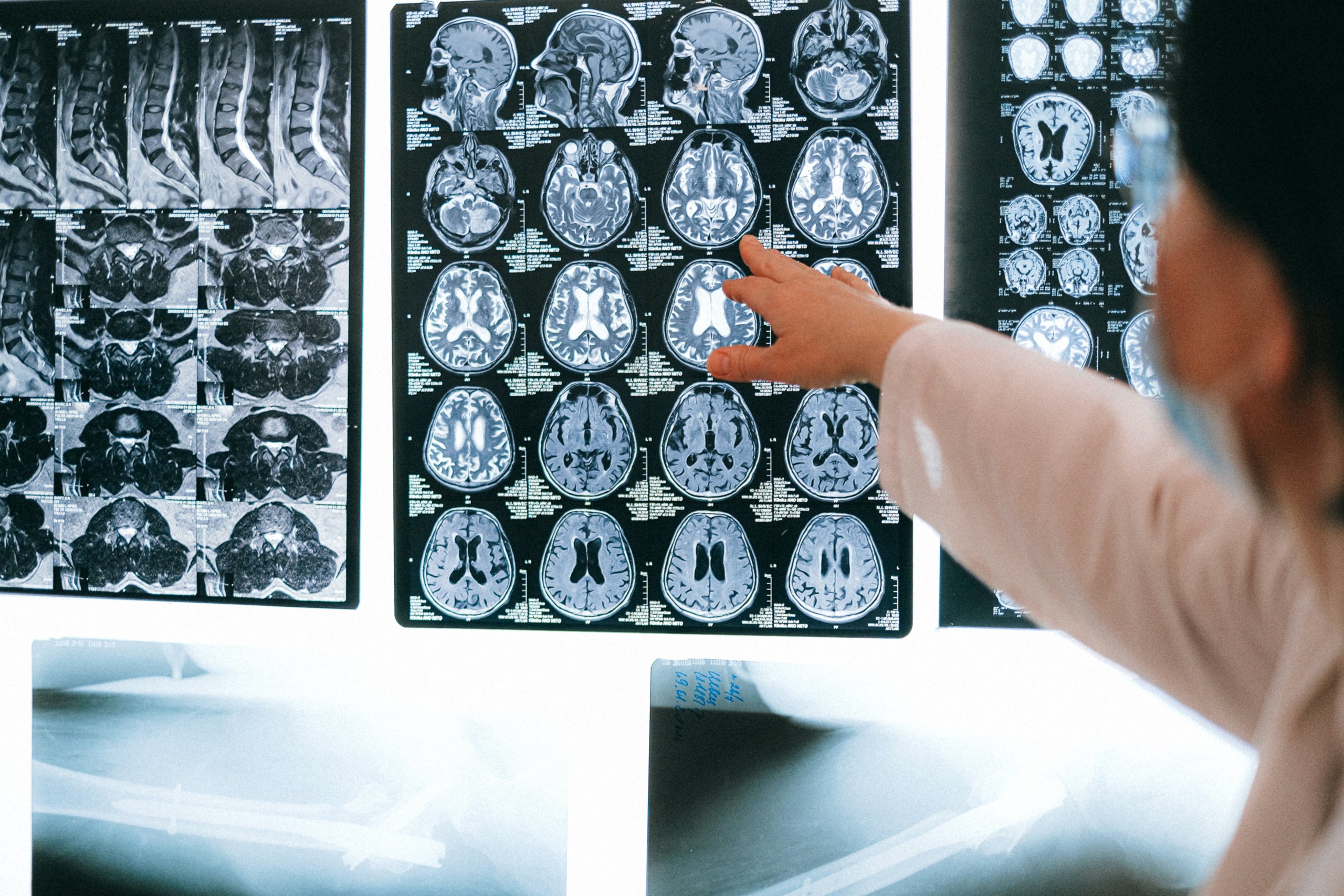 In many industries, technology is bringing new innovations and ideas to improve the day-to-day lives of employees, customers, and everyone in between. Healthcare is no exception; the field is seeing numerous new medical applications crop up across the world.
In many industries, technology is bringing new innovations and ideas to improve the day-to-day lives of employees, customers, and everyone in between. Healthcare is no exception; the field is seeing numerous new medical applications crop up across the world.
In our previous post in the “Healthcare Digital Transformation” series, we looked into how big data, wearables, and mobile apps are changing the medical experience for both patients and providers. In case you missed this entry, you can read it here.
In this post, we’ll discuss how AI and data science are bringing big improvements to healthcare. Whether it’s an API allowing a medical facility to build their own AI-enabled chatbot or a patient dashboard showing predictions for medication schedules, there’s no doubt that these two fields bring limitless possibilities into the mix.
AI Is Lending Many Helping Hands
AI is the next big technology to impact healthcare; the intersection of the two fields has many companies investing millions of dollars in its potential. In fact, the market for AI-powered healthcare tools is forecasted to surpass $34 billion by 2025.
Japan’s early foray into AI-enabled nurse robots has affected how patients view AI in healthcare. But Japan isn’t the only country with medical and home-care robots. One American medical robot named Moxi is making rounds in Texas hospitals and helping nurses with routine tasks like restocking carts and fetching supplies as needed. Many countries now have their own medical robotics companies developing new robots and AI. But there are so many more possibilities for AI applications in medicine that robots are no longer the only focus.
Virtual health assistants and chatbots, for examples, are AI-enabled tools for patients to seek help, advice, and information from when there aren’t any appointment slots left at the doctor’s office. Chatbots can extend their capabilities from customer service to diagnostics to therapy and more.
This type of AI technology is getting heavily funded by medical facilities and MedTech development companies to free up resources from providers and front-desk employees. By 2023, it is predicted that the global healthcare chatbot market will grow to $314.3 million, more than double from $122 million in 2018.
Even these AI-powered applications aren’t what most facilities and providers are excited about. New tools and features for medical imaging, genomics, drug discovery, and precision medicine will directly and quickly impact providers and patients alike. These new applications will start saving facilities a lot of time and money.
In one AI application, cancer patients, who normally receive a standardized treatment plan, saw their failure risk decrease. AI lent a helping hand to personalize therapy based on the patient’s genetics and lifestyle, and the technology helped providers find patterns in past patient data to apply to current patients. The AI algorithm, in this case, was trained on thousands of pathology images of different cancers. The algorithm can then output accurate diagnoses, offer possible combinations of anti-cancer medications, and give radiologists pointers on which details might be easy to miss.

Machine learning algorithms are being trained and deployed by biotech and pharmaceutical companies to improve the drug development timeline. AI has been shown to decrease drug development cycle times by up to four years compared to the industry standard. Even better, these algorithms can save companies up to 60% of total costs.
San Francisco-based UCSF is applying computer vision and machine learning in studying musculoskeletal disorders and osteoporosis to further develop precision medicine in those subfields.
There’s no turning back with AI in medicine; AI will save the US healthcare economy over $150 billion annually by 2026, which should lower many medical bills and costs for patients and facilities. AI startups are springing up quickly: since 2000, there have been 14 times more AI startups gaining funding.
For many healthcare CEOs and executives, AI is one of the only technologies that they cannot delay adding into their organization. Implementing AI in a healthcare organization is well worth the initial investment and ongoing costs, and most competitors probably already agree: 84% of industry leaders think that AI will soon transform healthcare.
Predictive Healthcare for Patients
Predictive analytics is an incredibly underemphasized tool that can transform healthcare organizations within the first month of implementation. Big data combined with predictive analytics unlocks the key to many cost-saving and time-saving optimizations. Admission rates, staffing requests, illness and disease diagnoses are some of the major problems that predictive analytics can tackle easily.
Many healthcare organizations already know the benefits of adding predictive healthcare into their toolset. 47% of healthcare facilities are using patient data predictive analytics, and 57% of companies estimate that predictive analytics will save them 25% annually.
Using big data like keywords across social media, search engine queries, and marketing analyses with predictive analytics can pinpoint where a major health event or illness breakout will occur, allowing healthcare and insurance companies to prepare ahead of time.
For smaller medical facilities, predictive analytics can save money and employee effort immediately by forecasting when large patient influxes occur and scheduling the appropriate amount of employees to be on-call. Flu and cold outbreaks can be staffed adequately for several weeks, rather than several months.
A Brighter, Healthier Tomorrow With AI and Big Data
The healthcare field is improving every day, but we expect to see healthcare truly transform with AI, data science, and predictive analytics. What would be your ideal patient experience when visiting a doctor for a normal check-up? Do you think that AI and data science can help improve this? Let us know in the comments below.
Stay tuned for the last post in this series, where we’ll cover blockchain and 5G’s impact on healthcare!
Do you have an idea for a disruptive medical device, but you don’t know where to begin? Dogtown Media is an FDA-compliant developer with extensive experience in bringing health tech innovations to life.
Contact us today for a Free Consultation!





